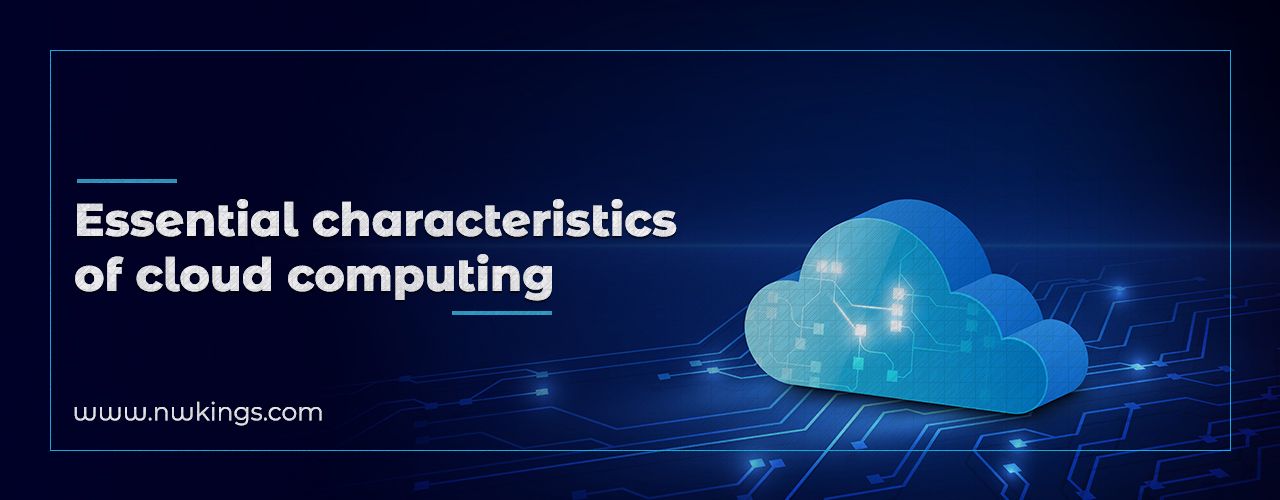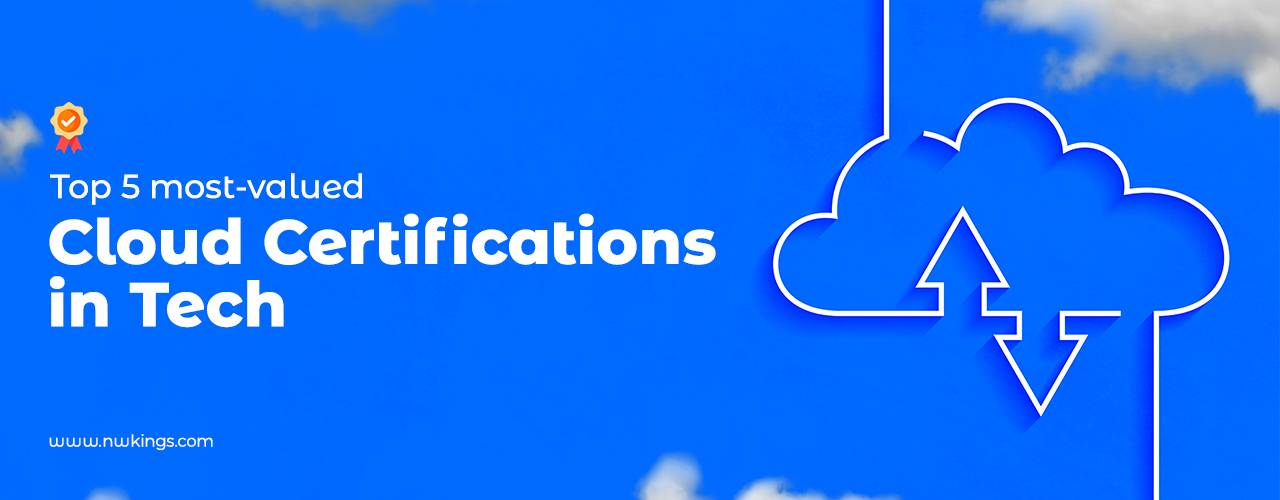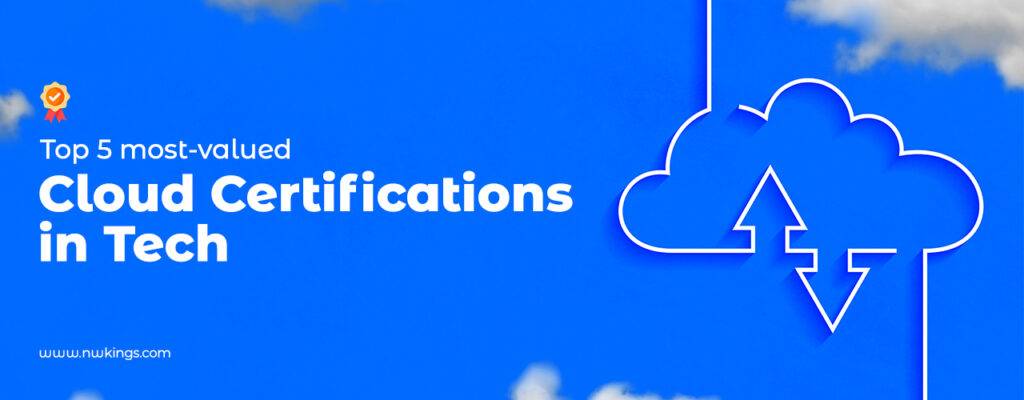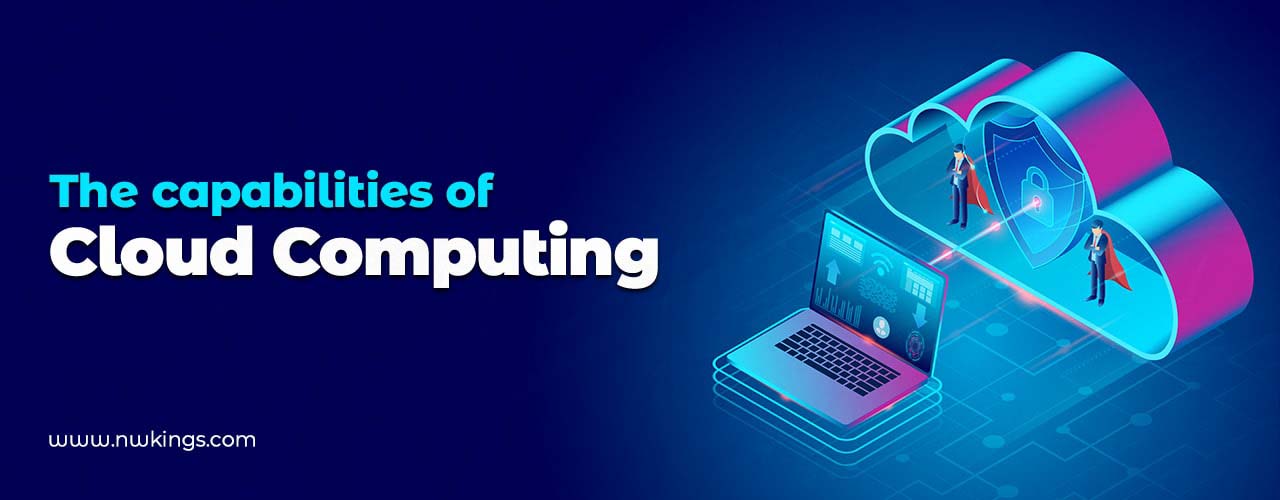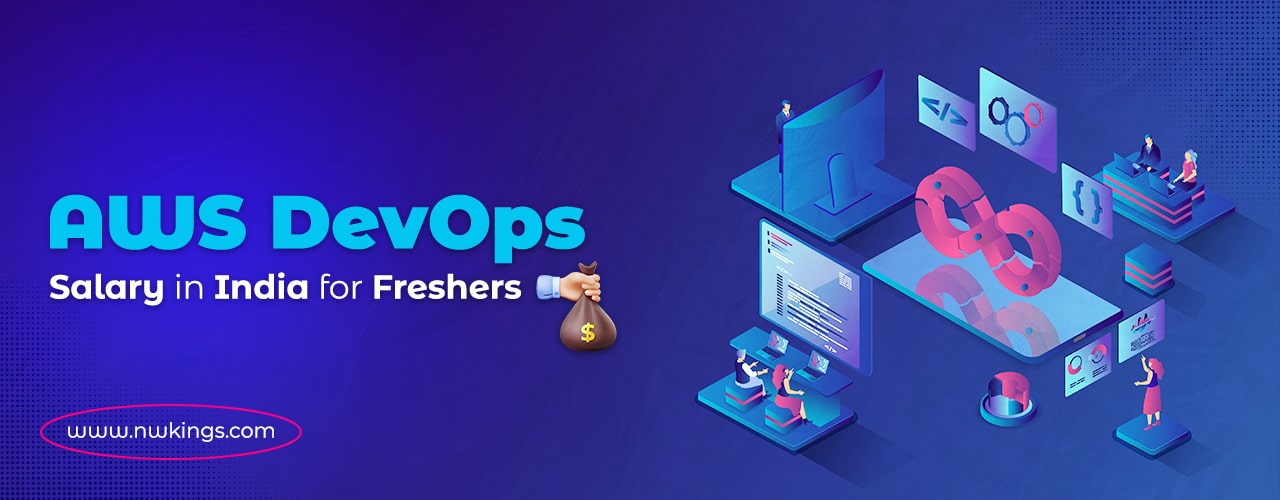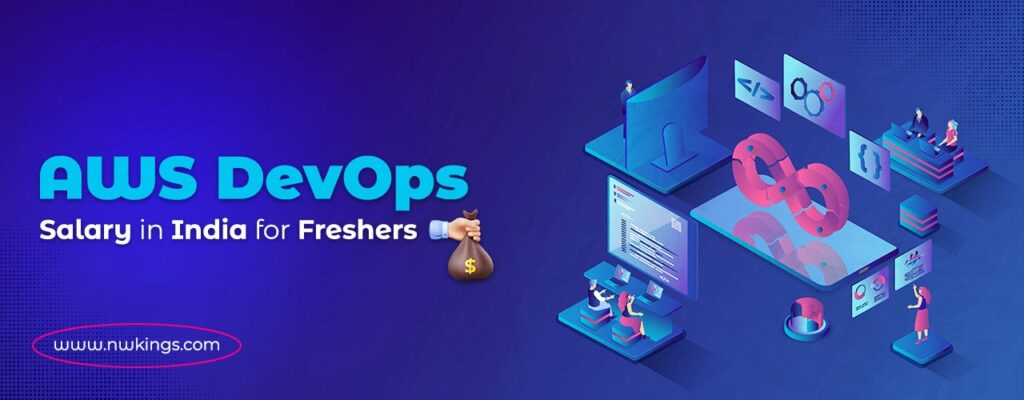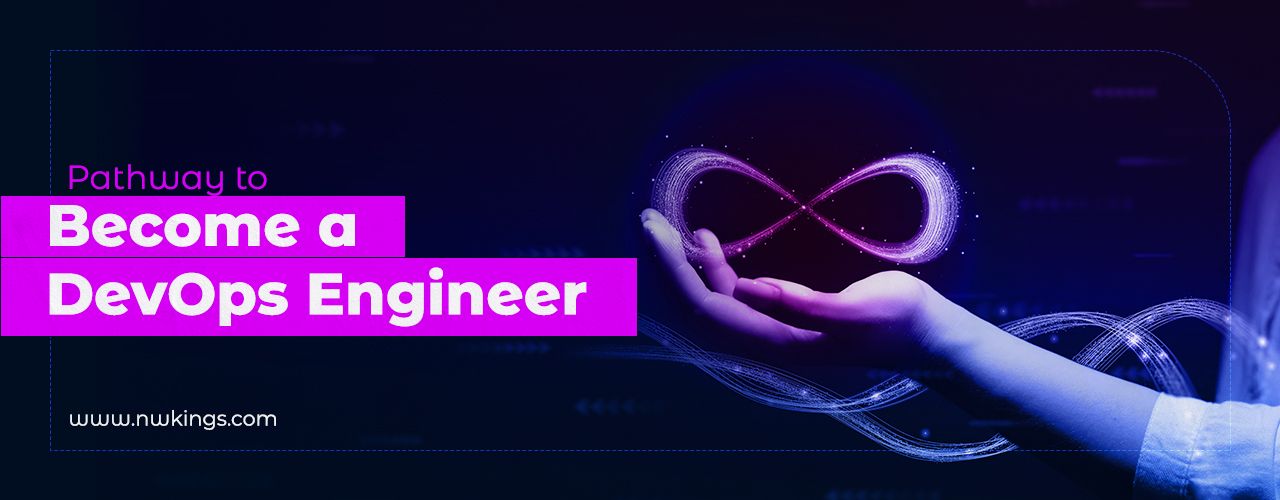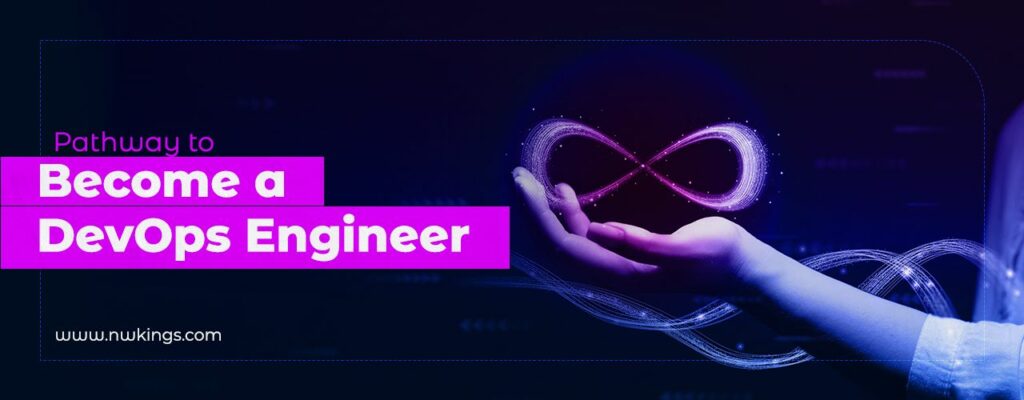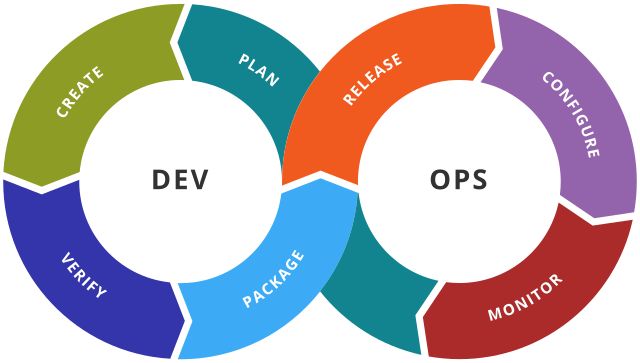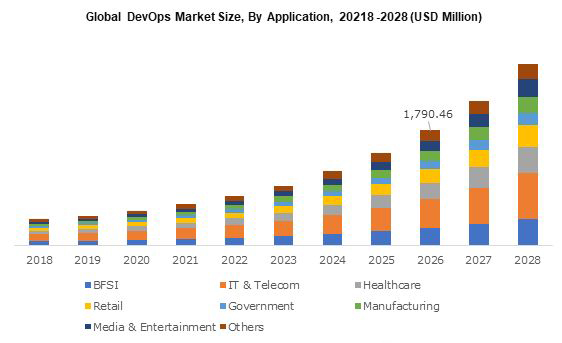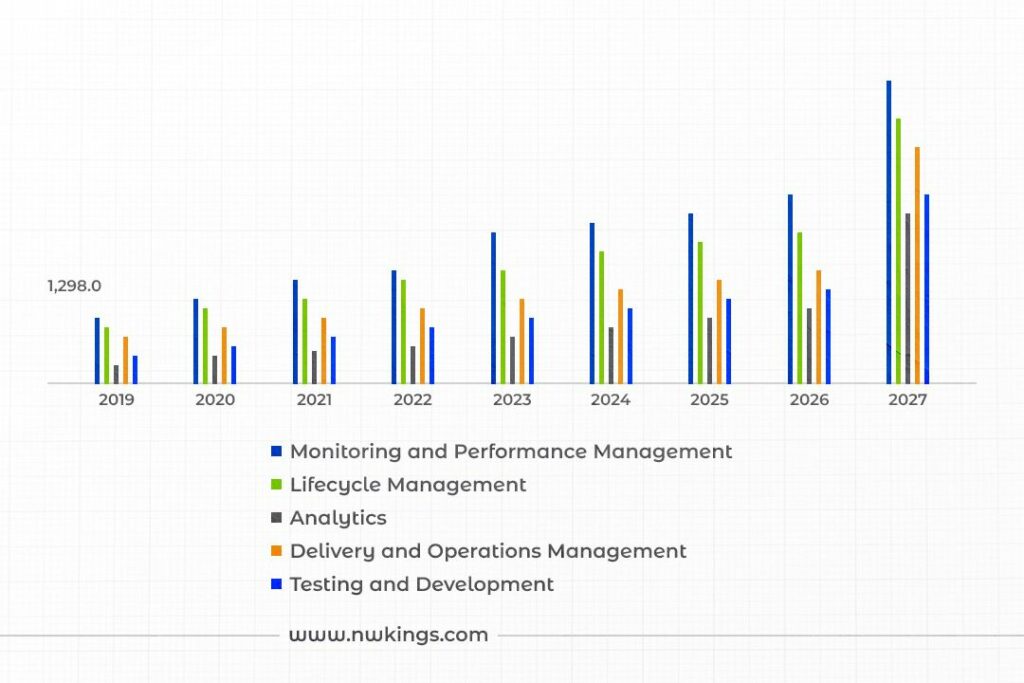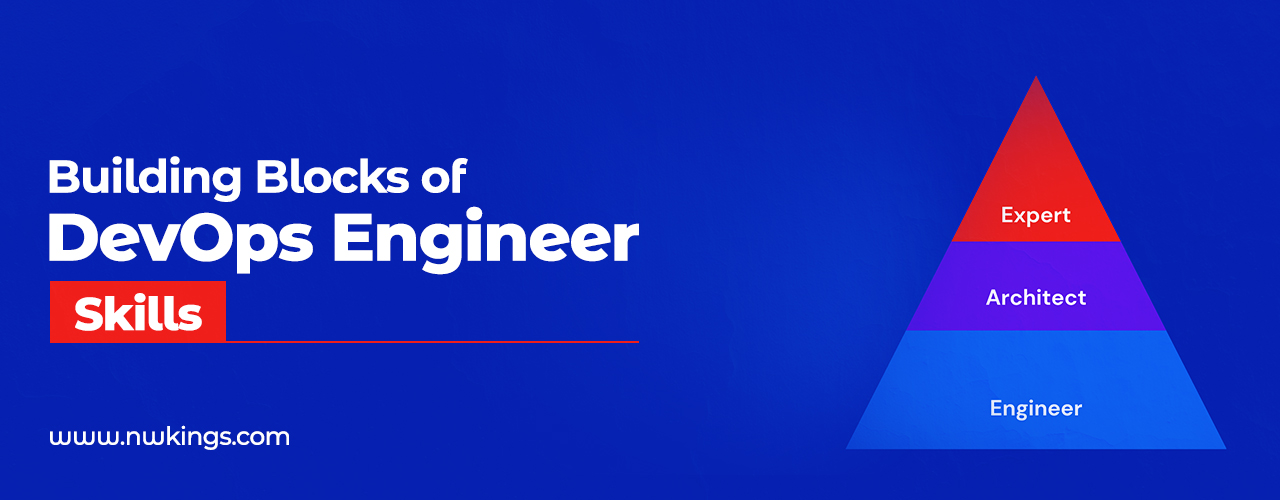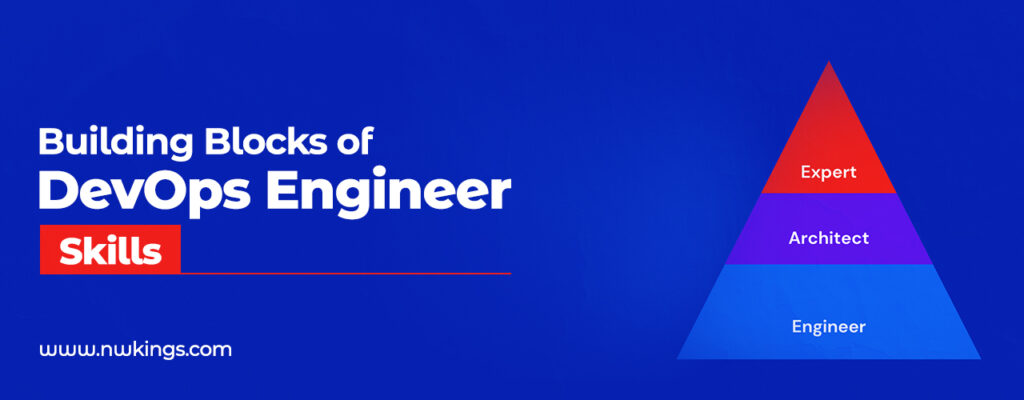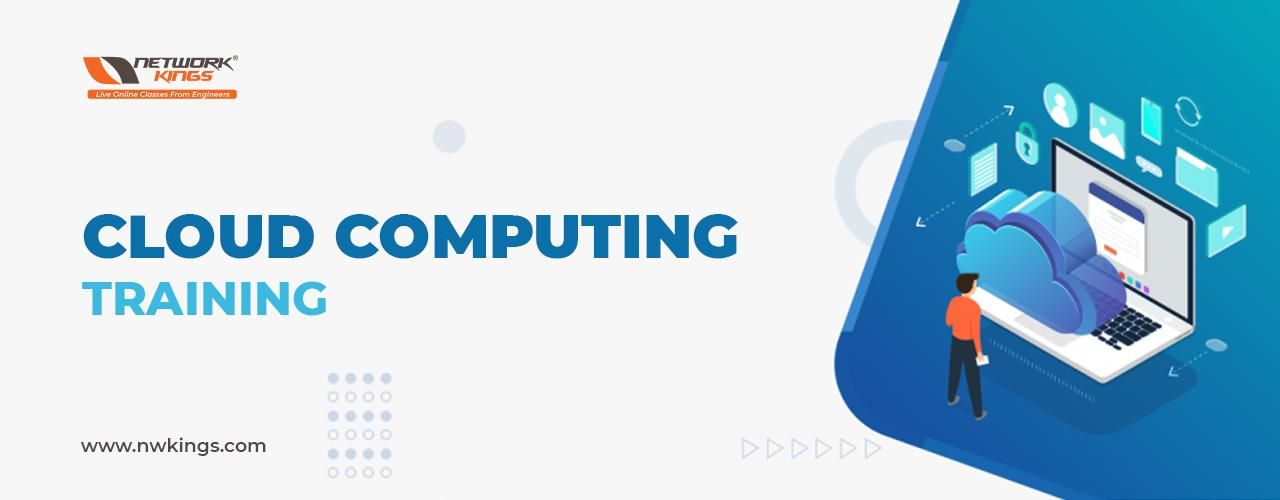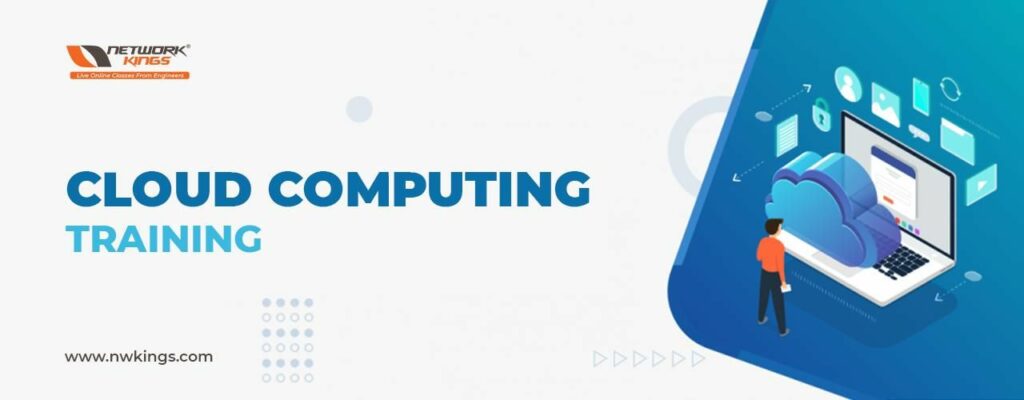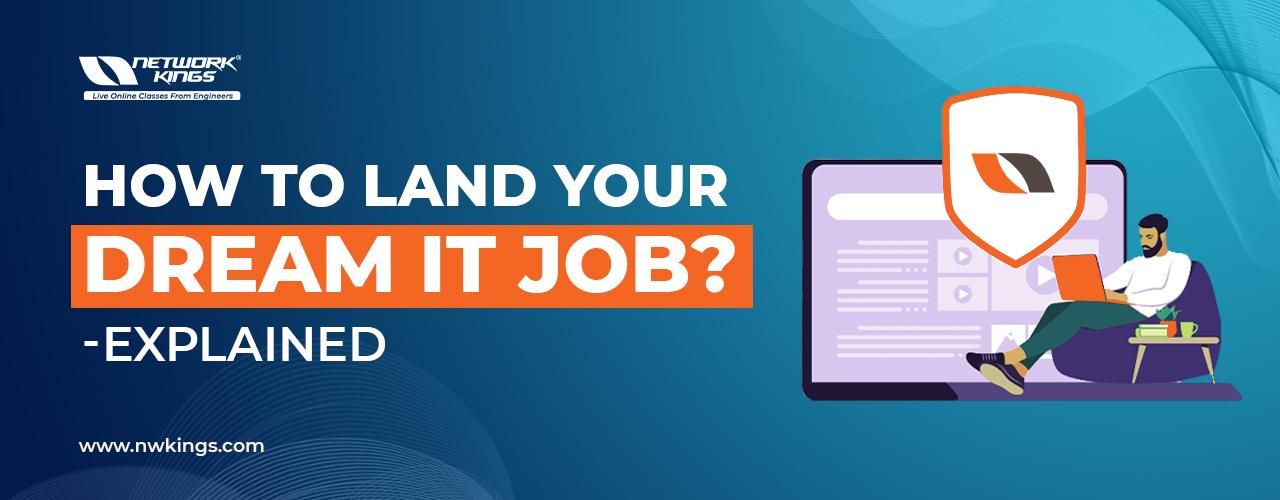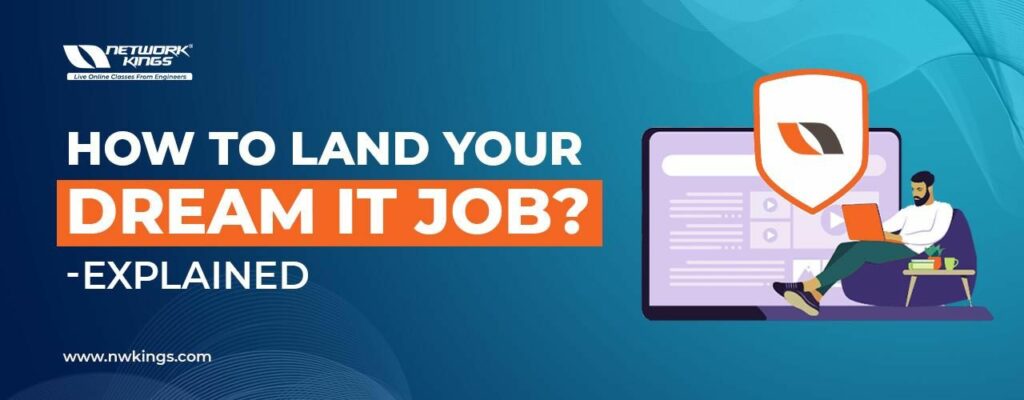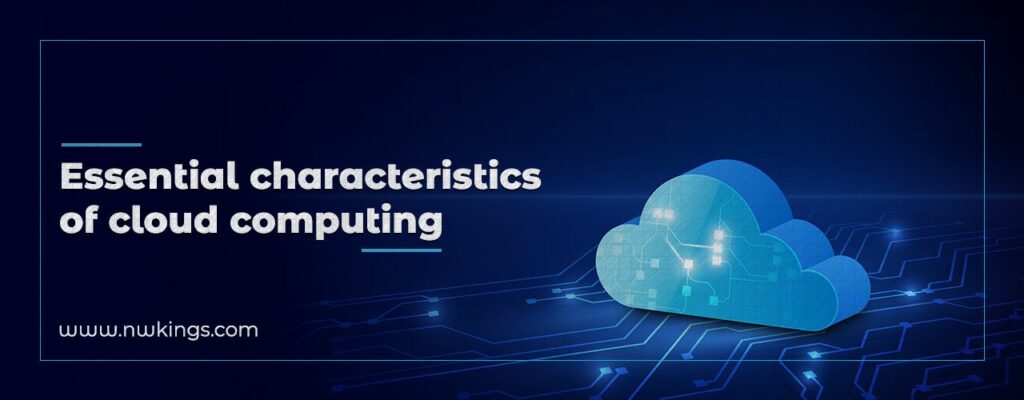
94% of companies across the globe make use of cloud services. Thanks to the boom in cloud computing that came along in 2020, especially when everyone was forced to work remotely. Ever since then, cloud computing has become a part and parcel of every business organization.
Large-scale organizations cannot survive without cloud computing anymore. Let’s consider Amazon Web Services (AWS), Amazon’s one-of-a-kind cloud computing service which generates over 80% of the total Amazon’s revenue. This is how much the cloud is blowing up right now.
So, what’s cloud computing? What are the characteristics of cloud computing that have made it an exceptional and super fast technology like none other existing technology. Let’s dive deep into the realm of cloud computing.
What is cloud computing?
Cloud computing can be an intimidating term for you, especially if you’re a non-tech individual keen to know about it. Cloud computing is nothing but an Internet service that provides storage to host all the applications/software that you conventionally use on your local computers.
With a local computer, you can only access files through that device. However, with the intervention of cloud computing, files could be shared with anyone across the globe since they’re present on the cloud. For example, Google Drive is a cloud computing tool. When shared access, anyone from across the world can access your files irrespective of the device they’re on.
Cloud computing has provided the following benefits to business organizations:
- It has cut down the IT costs.
- It has enhanced scalability.
- It ensures business continuity.
- It has allowed easier collaboration amongst teams/individuals/stakeholders.
- It prevents the loss of data.
Now that you’re aware of what cloud computing is, it is important to dive deep into the essential characteristics of cloud computing.
What are the essential characteristics of cloud computing?
There are many distinguishing features of cloud computing. The significant cloud characteristics are mentioned below:
-
Scalability and elasticity:
To understand this cloud feature, let’s consider example of a restaurant. During the rush hours, many extra tables are accommodated to serve surplus customers. These extra tables are removed when the customer count is back to normal.
This is how the concept of scalability works! When there are too many applications to be hosted on the cloud, the cloud service expand its number of servers and infrastructure, as aligned to the demand of storage. This makes cloud a scalable tool. When the load comes back to normal, it scales down. This cuts down the extra costs and make it cost-effective.
Elasticity, on the other hand, responds to short-term cloud-infrastructure needs. When there is a sudden surge in the demand for infrastructure, the cloud computing services add resources to cater to the storage requirements quickly.
Benefits of scalability and elasticity in cloud computing:
- Cost-effectiveness: You save a lot of money as the resources are only used when there is a surge in the demand. Therefore, cost optimization works wonders.
- Peak performance: Since the load is distributed amongst various servers and instances, you can fetch optimal performance of the applications.
- Highly available infrastructure: The scalability and elasticity also take care at the times of system failures and provide disaster recovery smoothly, therefore, providing highly available infrastructure.
- Reliable servers: In case there is a hardware that suffers downtime, this characteristic of cloud computing can safely redirect traffic.
-
On-demand self service:
Consider this! If you subscribe to a postpaid cellular service, the bill is generated according to your data consumption. This is the main agenda of how the cloud computing services work. Except for added benefits such as you can monitor and manage your own uptime, storage consumption, functionalities, instances, server activity, etc.
This is how you become the boss of everything and you only pay for the services that you’ve used over a period of time. A consequent bill is generated as per your service consumption. Therefore, on-demand self service is one of the most basic features of cloud computing!
Benefits of on-demand self service in cloud computing:
- Scale as per your needs: Since there is no intervention by a service provider, you can access the required amount of cloud services such as server space, applications, virtual machines, functionalities, etc. that suit your requirements. This gives you the flexibility at your own terms.
- Reduced costs: You only pay for the services you have used and nothing more than that. This is why cloud services are practical and beneficial to use.
- You are the boss: The control to use the services is in your own hands. You can use resources according to your need and choices. This also gives you a chance to experiment and innovate with the setups and configurations.
-
Broad network access:
Have you ever wondered how an image that exists in someone’s phone can be shared with you even if you’re on a different device sitting 2000 miles away. This is because cloud computing knows no boundaries. In the above-mentioned instance, it is possible through iCloud sharing, which is also an iOS-based cloud service.
Therefore, with broad network access, you can break all the barriers of geography and access someone else’s files, data, directories, etc. This is an essential characteristic of cloud computing and it is the foremost reason for business organizations shifting to cloud.
Especially, when remote work became a norm, broad network access enabled individuals and organizations to access all the information from anywhere across the globe!
-
Resource pooling:
In simple words, resource pooling can be referred to as resource sharing. This characteristic of cloud computing highlights the feature of sharing of resources amongst various organizations. These resources include memory, storage, servers, processing and network bandwidth.
One such example of resource pooling is making use of a public cloud service such as AWS. Resource pooling works on a multi-tenant architecture where it provides services to various clients or ‘tenant’. The cloud service represents the whole apartment and each flat inside that apartment can be referred to as a tenant making use of the shared resources.
One example of resource pooling is Virtual Server Pools. It consists of a number of virtual servers that are connected to the Internet for the clients to make use of it via cloud services.
Benefits of resource pooling:
- Efficient workload handling: As the infrastructure and other services are provided based on the demand, the cloud vendors can efficiently handle the load and provide services quickly and dynamically.
- 24/7 service availability: The resource pooling makes cloud services highly available as fault-tolerant infrastructures can be catered to the users. This fulfils the need for continuous cloud services availability.
- Optimum resource usage: With the use of load balancing over a pool of servers, for example, the load can be distributed and the best of services can be provided to the users with the minimum use of resources.
-
Rapid elasticity:
Rapid elasticity is one of the most essential characteristics of cloud computing. Let’s understand rapid elasticity with an example!
During the Flipkart’s Big Billion Days sale, there is a sudden spike in the traffic as a lot of people want to buy things at attractive prices. This is when a normal server could crash and the website could face a significant downtime. However, with the use of cloud computing, rapid elasticity will come into play.
This is how it works:
- The cloud recognizes a sudden surge in the traffic.
- In response, it expands its storage and resources dynamically by making use of more virtual machines, servers, storage, etc.
- Therefore, the website works at a higher computing capacity as compared to the normal days.
- This prevents the website from crashing.
- When the sale is over and the traffic becomes normal, the expanded resource usage is stopped and the computing capacity goes back to normal.
Benefits of rapid elasticity:
- Quick scaling during traffic spike: With the rapid elasticity, cloud infrastructure automatically scales up the computing resources to meet the demands of the increased users.
- Smooth user experience: This feature of cloud computing ensures smooth and seamless user experience.
- No extra costs: The rapid elasticity comes at no extra costs. You only pay for what you use.
-
Measured service:
This cloud computing characteristic makes sure that the user is charged with no extra costs. It means that the user DOES NOT need to pay for the resources that he did not use. This is also referred to the ‘pay-as-you-go’ model.
The user is charged for every billing cycle for the following metrics:
- Storage
- Compute instances
- Network bandwidth
- Software and services
- Development tools
- API calls
- Database usage
- Intelligence
- Capabilities
- Disaster recovery
- Processing power
- Content delivery network (CDN)
- Message queue usage
- Load balancer
- Data transfer
Benefits of measured service:
- Cost optimization: As the bill is only generated on the services used by a user, a lot of extra costs are cut down.
- Improved business performance: As a monthly report is generated based on the resource utilization, user behaviour, power consumption, etc., it becomes easy to improve on the shortcomings and formulate a better business model.
Access scalability: When there is a high demand of cloud computing resources, these could be reached dynamically. Thanks to the ‘pay-as-you-go’ model. Therefore, you can scale your infrastructure easily.
Other significant cloud computing characteristics
There are few other cloud computing features that need to be discussed further. These are mentioned as follows:
Multi-tenancy:
As discussed earlier, the multi-tenancy refers to a cloud instance/resource open for usage by multiple users. This is most evident in case of public cloud services where a single instance such as compute storage is accessed by more than one client.
The major goal of multi-tenancy concept is optimized allocation of cloud resources. This also benefits the user as he does not have to pay for anything extra. On top of that, there are no security issues as data privacy is maintained throughput the resource usage.
The implications of multi-tenancy on resource sharing is mentioned below:
- Optimized resource usage: As the resources are only used when needed, computing multi-tenancy services ensures that the resources are used only when required.
- No individual performance is hampered: Since there is resource sharing amongst various users, no individual performance is harmed. The Quality of Service (QoS) and optimized resource allocation ensures optimal performance for each user accessing the service.
- Equal priority: This feature also makes sure that no single user takes unfair advantage of the resources. Instant scalability feature is provided to a user in need at times of enhanced traffic.
Ubiquitous access:
The cloud computing services work beyond geographical barriers. It has made it easy for users sitting in various corners of the world to access files, data, etc. from any nook and corner of the globe.
Also referred to as ubiquitous computing, a user can access applications, infrastructure and storage anytime, anywhere, using any device. All you need is an Internet connection, and you can access all these services online on your choice of device.
The devices and technologies allowing ubiquitous access:
- Laptops
- Personal computers (PCs)
- Smartphones
- Smartwatches
- Internet of Things (IoT) devices
- Virtual Reality (VR) headset
All these devices have blurred the lines between reality and the digital world. Cloud computing is indeed a strong medium for it.
Resilience and reliability:
It is important for cloud vendors to provide resilience, reliability and integrity to its users. This is why they make sure that the businesses experience zero downtime and seamless experience during their cloud computing usage.
The various measures that ensure high availability:
- Business continuity: The business continuity is maintained as the cloud service provides/asks for regular data backups. These prevent loss of any data in case of server downtime or hardware failures.
- Disaster recovery: An interesting thing that the cloud vendors provide is data replication. It means that the entire IT infrastructure and data of a particular user is replicated on another cloud environment. When a user faces data loss or unexpected failover, the cloud service quickly shifts the user to the another cloud environment. This interesting cloud computing characteristic is called disaster recovery.
Wrapping up:
That’s all for the blog. This guide is the best for noobs who want to understand cloud computing or people who are new to cloud computing. Understanding the characteristics of cloud computing gives you an in-depth knowledge of the fundamentals of cloud computing and how it works as a whole. You also get a ‘behind-the-scenes’ by learning about these interesting cloud computing features.
So far, we covered essential cloud computing characteristics such as self-service, multi-tenancy, measured service, resource pooling, scalability, elasticity, and broad network access.
What does the future hold? We can expect further refined and seamless experience with these cloud computing features. There would be heavy focus on enhanced security and data protection. You can also expect interference of advanced serverless computing in the upcoming years. The incorporation of AI and machine learning to create better predictive models for efficient resource management will be seen.
It’s your time to dive deep into the realm of cloud computing!

